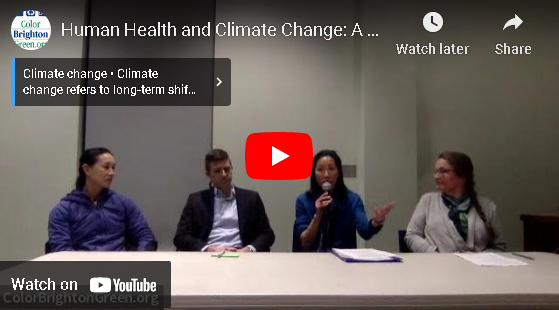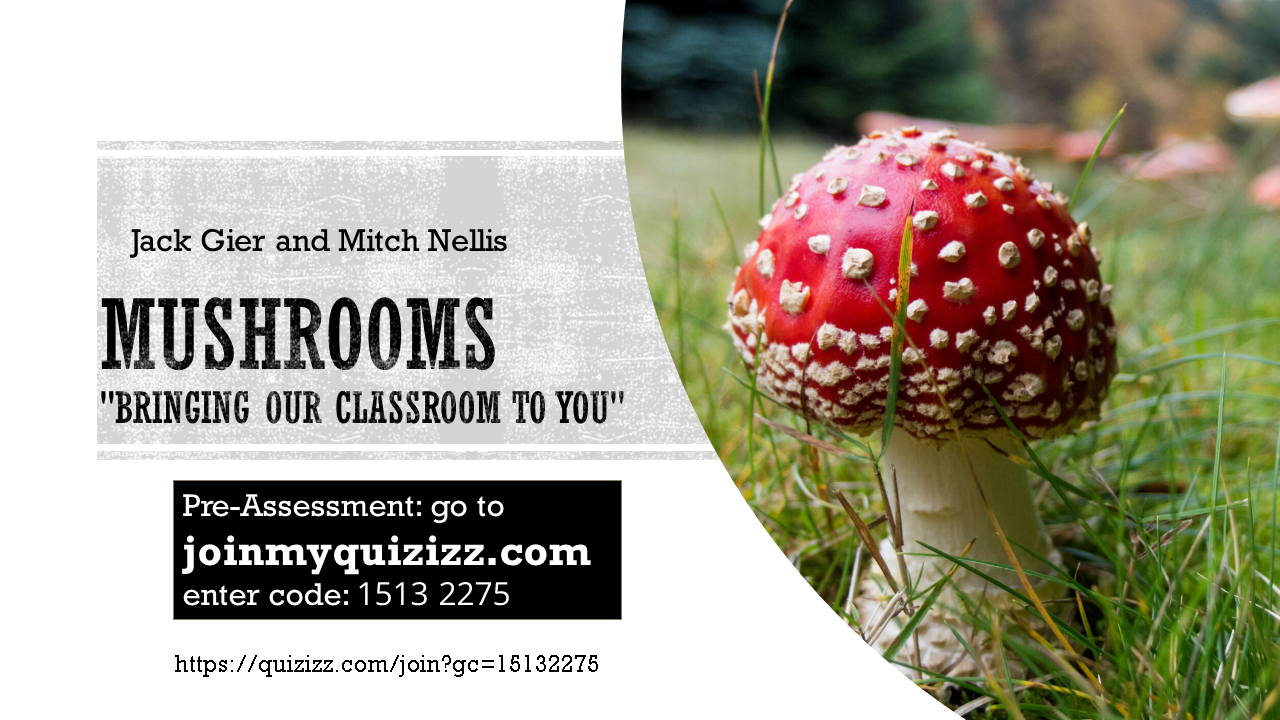SEAC Tool Shed, Repair Cafe, and SewGreen Would you like to keep items out of the landfill and avoid buying new ones? Join ColorBrightonGreen in person or online as we learn about the services offered by the South East Area Coalition (SEAC) Tool Shed, the Repair Cafe at the South Wedge Mission, and SewGreen. BONUS: Bring in […]
CBG Updates and Blog
Climate change, together with other natural and human-made health stressors, influences human health and disease in numerous ways. Some existing health threats will intensify and new health threats will emerge. Join Color Brighton Green for a panel discussion facilitated by Dr. Allen Blair, internist, including Dr. Daniel Croft, pulmonologist, Dr. […]
Take a look into the world of mushrooms from the perspective of two high school science teachers. Together we will investigate the foundations of mycology in America as well as provide a basic introduction into mushroom life cycles and current applications. Slides: Mushrooms Past, Present and Future
Join Color Brighton Green for this session about the motivation behind Brighton’s UCF program, and the Town Conservation Board’s role related to native tree-planting in neighborhoods, Arbor Day tree planting at Buckland Park, the Town Tree Survey, and tree-trimming and invasive species control in Town parks. Presented by Dr. George Smith […]
Please consider a friendly pledge to not mow your lawn during the month of May. A weed-free expanse of green has been the norm in the American neighborhood for far too long. Dandelions, clover, and wild onions are not signs of neglect! They are beacons for pollinators and enhance soil […]
Christmas Tree Recycling 2021-2022
Christmas Tree Recycling
Brighton Memorial Library and ColorBrightonGreen present: Is your home’s old fossil fuel burning gas furnace or gas hot water heater ready for replacement? Is your old inefficient central A/C unit running up high electricity bills each month? Want some better alternatives? If so, register for this session to learn more […]
Brighton Memorial Library and ColorBrightonGreen present: Pollinator Presentation: Planting Native for a Healthier Lawn and a Happier Family Wednesday, April 21, 7-8pm online. Join Tom Snyder, Director of Programming and Conservation Action of the Seneca Park Zoo as he explains the benefits of planting native on your property and around […]
With 100% renewable electricity now is our opportunity to expand our lifestyle to include low carbon transportation and high-efficient home heating and cooling. The technology is available, achievable, and affordable. Curious about electric vehicles? Is the ancient basement furnace reaching end of life? Considering Geothermal or an air-sourced heat-pump? It […]

